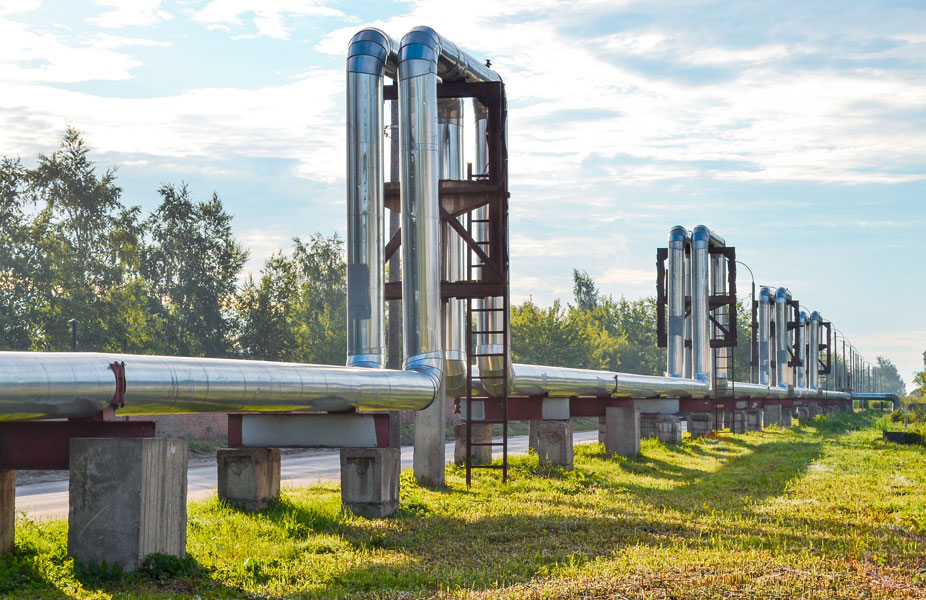Low-temperature district heating is used to implement 4th generation heating networks – this new technology is characterized by higher energy efficiency, lower flow temperatures, lower heat losses and a significantly higher proportion of renewable energy sources. The use of low-temperature district heating is particularly useful in the construction of new residential districts and the energy-efficient refurbishment and modernisation of existing buildings, as a higher energy efficiency of the buildings also makes an energy-efficient heat supply possible.

The LowTEMP (Low Temperature District Heating for the Baltic Sea Region) project is working on feasible solution concepts for the use of low-temperature district heating in urban districts. The focus is on questions of technical and organizational implementation, but also on financing the necessary infrastructure measures at district and building level. The involvement of important partners such as energy agencies, housing associations, municipal authorities and potential suppliers of low-temperature district heating is also an important concern of the project.
Whether and how low-temperature district heating can be used is also a question that the members of the German-Austrian Urban Network are grappling with. They are working on the holistic conversion of urban districts with a wide variety of starting conditions and objectives. At the 68th conference of this network on May 24 and 25, 2018 in Leipzig, aconium GmbH had the opportunity to present the LowTEMP project idea and the findings to date. As LowTEMP is still in the start-up phase, the project is not yet able to provide conclusive answers or present solution models. However, this will be possible with the help of the activities planned for the next two and a half years and the resulting findings. The members of the Urban network, who showed great interest after the project presentation, will then also be able to benefit from this. This time, the focus of the network meeting, which took place in the Alte Handelsbörse Leipzig, was on current developments in the city of Leipzig. Numerous representatives from Austrian and German municipalities and regions as well as experts from ministries and the European Commission took the opportunity to exchange knowledge and engage in discussions. In addition to energy efficiency and holistic district renewal, the conference focused on the topic of smart cities. It became clear: Each city must define the term smart city individually and harmonize it with important local development trends and measures.
Background:
As part of the German-Austrian Urban Network, cities in both countries are supported in the implementation of holistic, integrated urban development concepts. The network facilitates regular exchange, which has been moderated by the German Association for Housing, Urban Development and Regional Planning (DV) for many years. The network is financed by EU structural funds. In the LowTEMP project, 19 partners from the Baltic Sea region are working on joint, sustainable and adaptable solutions to reduce energy consumption and greenhouse gas emissions. The focus is on building up and disseminating knowledge on this topic as well as implementing pilot projects and developing financing strategies.
Photo above: Pipes for district heating
Photo credits: LegART/shutterstock.com

